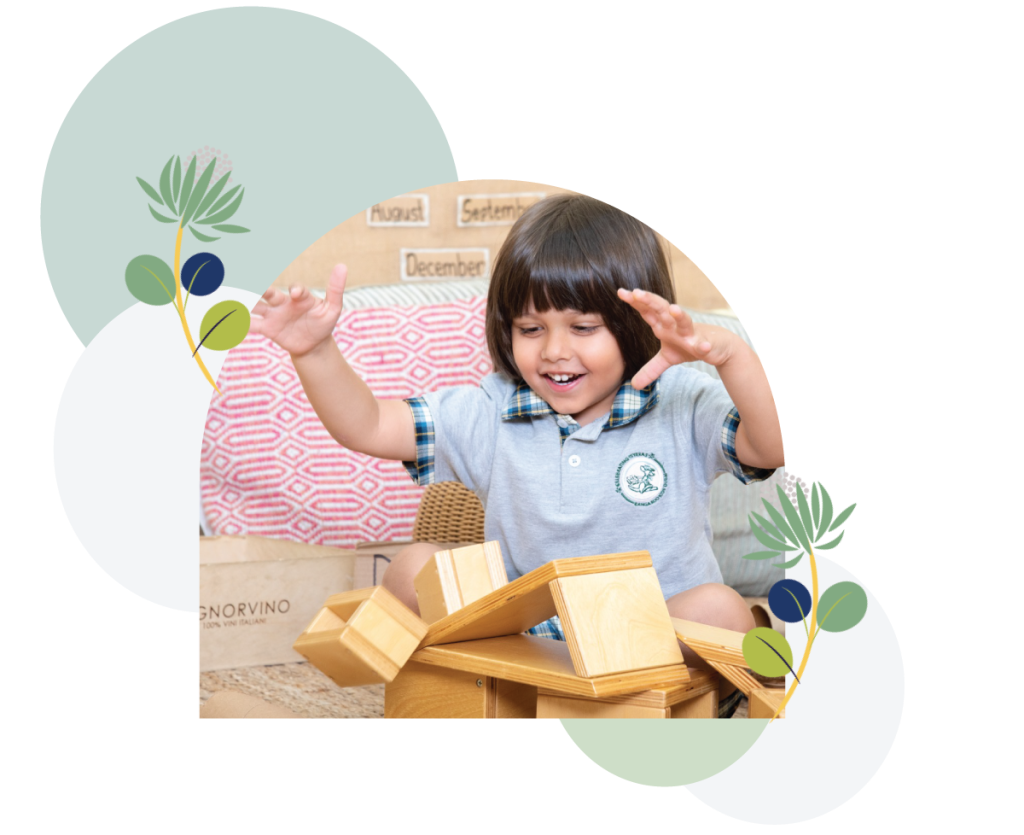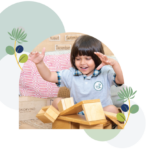
Top Tips For New EYFS Teachers
Starting a career in Early Years Foundation Stage (EYFS) teaching is both exciting and challenging. The foundation laid during these formative years plays a crucial role in shaping a child’s future. For new EYFS teachers, here are some top tips to understand this rewarding journey successfully.
Build positive relationships:
Establishing positive relationships with both children and their families is paramount. Create a welcoming environment where children feel safe, valued, and supported. Regular communication with parents fosters collaboration and enhances the overall learning experience.
Observe and listen actively:
Observation is a key tool in understanding each child’s unique needs and learning styles. Pay close attention to their interests, strengths, and areas for development. Actively listen to their thoughts and ideas, providing a foundation for personalized and effective teaching strategies.
Flexible planning:
While planning is essential, flexibility is equally crucial in the vibrant world of early childhood education. Be adaptable and responsive to the needs and interests of the children. Adjust lesson plans accordingly to ensure engagement and meaningful learning experiences.
Promote play-based learning:
Play is the primary mode of learning for young children. Create a rich and stimulating play environment that encourages exploration and creativity. Incorporate a variety of activities that promote social, emotional, and cognitive development through play-based learning.
Encourage independence:
Foster independence by providing opportunities for children to make choices and take ownership of their learning. Simple tasks like self-serving snacks or tidying up after play contribute to a sense of autonomy and confidence.
Create a print-rich environment:
Immerse the learning space in literacy by incorporating labels, signs, and books. Foster a love for reading and writing from an early age. A print-rich environment supports language development and lays the groundwork for future literacy skills. Also, stay abreast of current educational trends and research in early childhood development. Attend workshops, seminars, and engage in collaborative learning with colleagues.
Acknowledge and celebrate the diverse backgrounds and experiences of both children and their families. Integrate multicultural perspectives into the curriculum to create an inclusive learning environment that respects and values differences. By incorporating these tips into their teaching approach, new EYFS teachers can create a positive and enriching learning environment that sets the stage for the lifelong love of learning.




